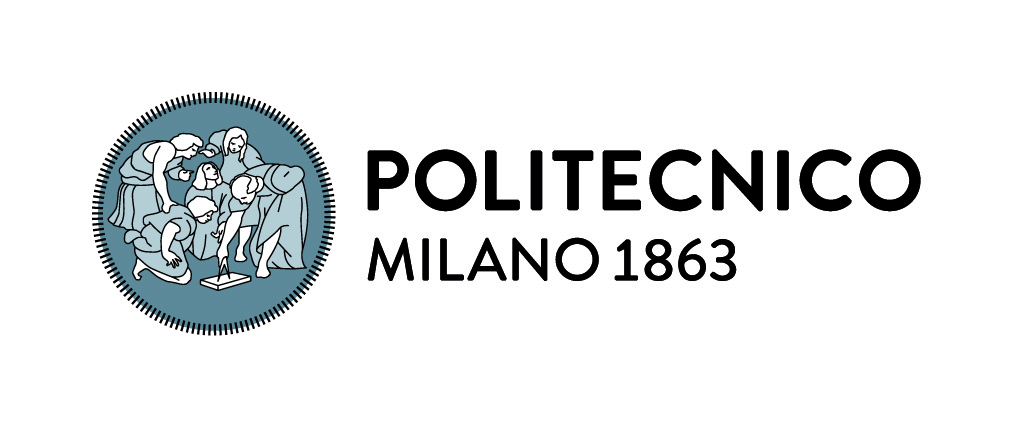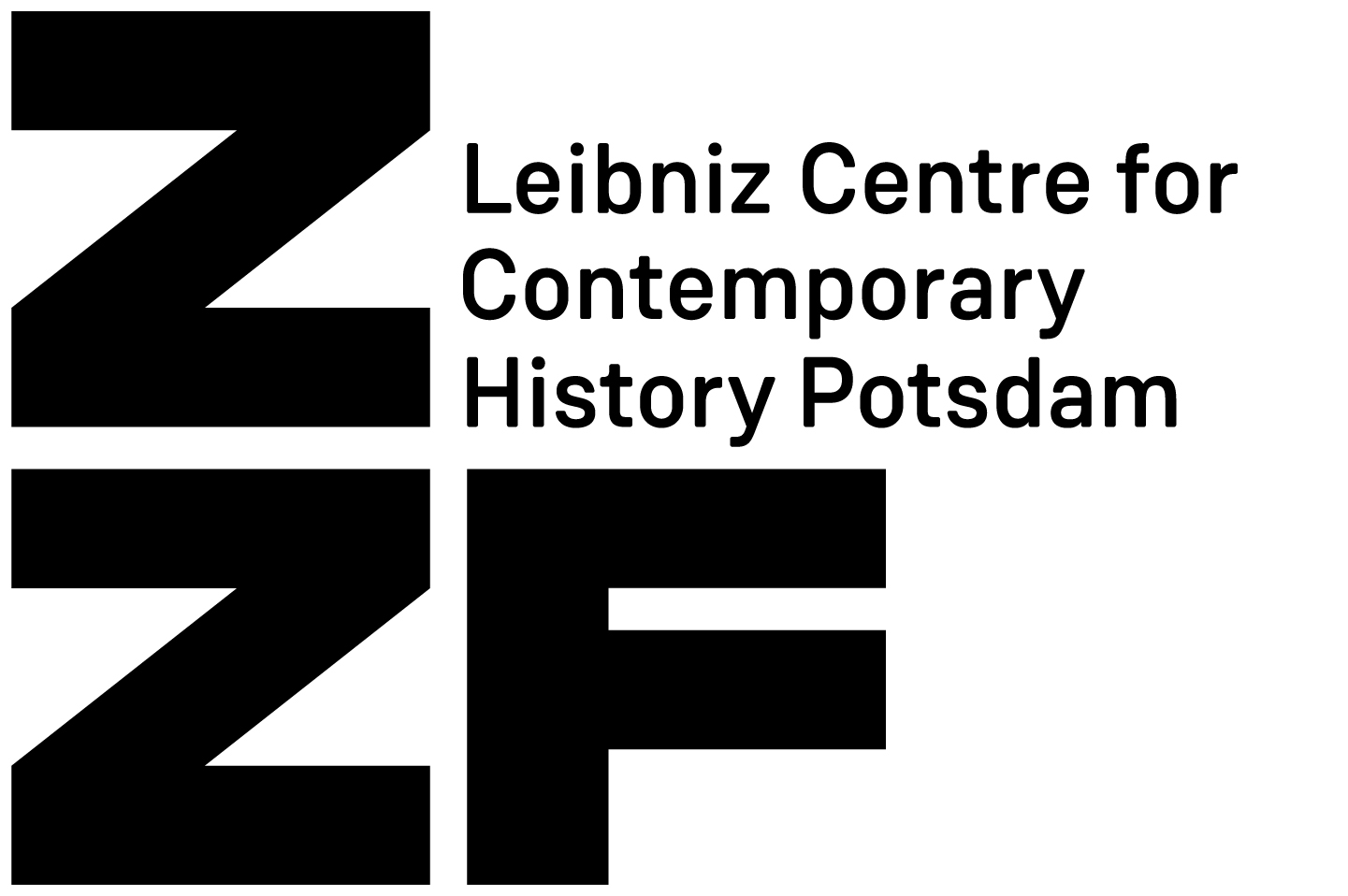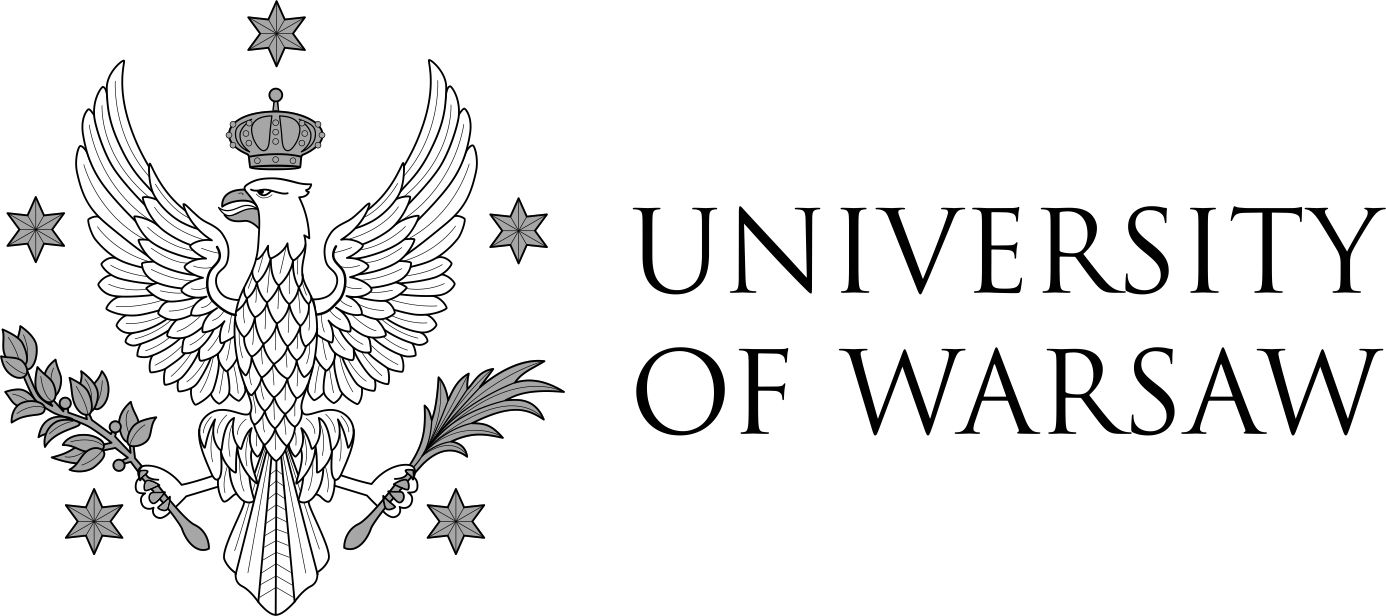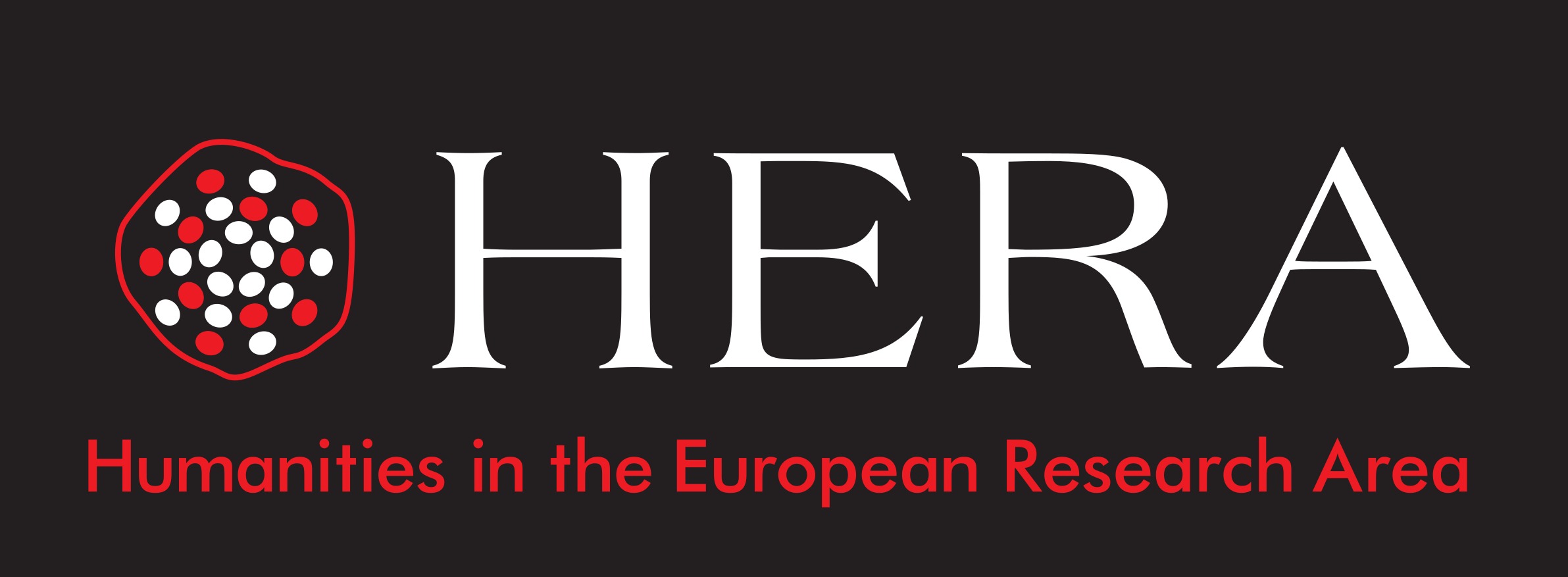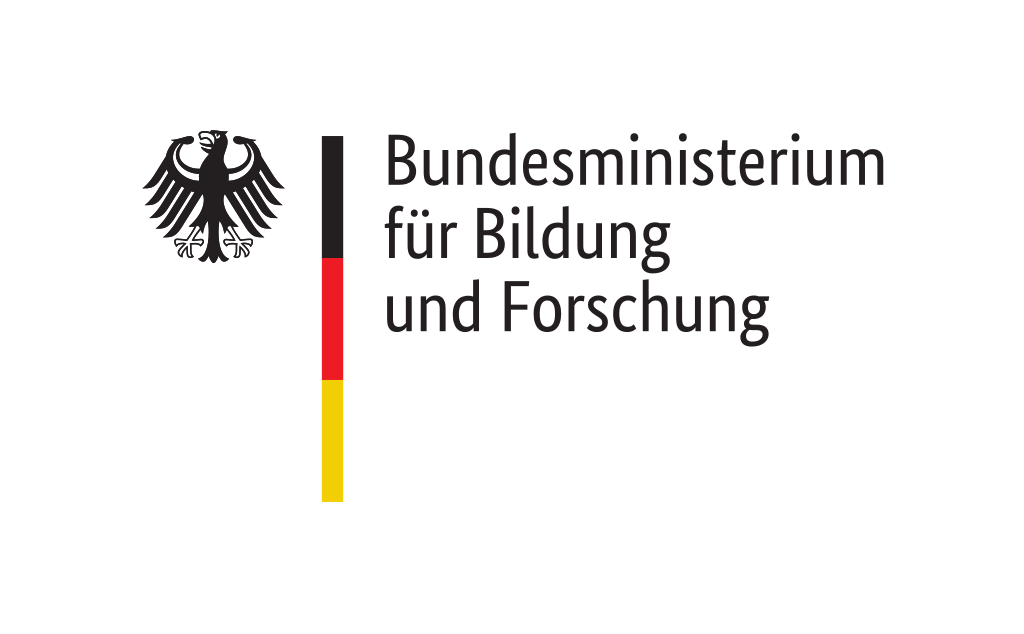About Us
Articulations of public spaces as ‘shared’ cultural spaces, places of encounter for Europe’s diverse populations, frequently gloss over controversies, competing voices and power dynamics within the ‘contact zone’ (Pratt 1991) or ‘third space’ (Bhabha 1994) of public culture.
In counterpoint to this, we ask:
how and why are multiple heritages, memories, processes of attachment and belonging to and in cultural spaces and places, being (re)negotiated during a time of European migration and identity ‘crises’?
By analysing problematic notions of ‘integration’, examining participatory, dialogic cultural activities, activism and appropriations in (and of) public spaces we question their perceived and actual impacts on individuals, society, culture and on public space in return. Such (re)negotiations enable us to untangle the complexity of culture, integration and public space(s) on a transnational, European level.
We investigate the significance of:
- encounters between people and culture in public spaces,
- points of encounter where they may take place,
- counterpoints which may be contained, silenced or expressed within them.
An improved understanding of the design and use of public space is internationally considered fundamental to improving socio-cultural inclusion and development (UN-HABITAT 2014). This is because public spaces are the arenas in which key cultural interactions and societal dynamics take place, where values, belief-systems, memories, daily practices and social lives operate and evolve. They are the spaces in which people recognize themselves as part of a collective, but also where specificity, difference, and separateness can be maintained and asserted productively (Madanipour 2003). We therefore analyse complex (re)negotiations of belonging in Europe by exposing cultural encounters, points of encounter and counterpoints inherent to public spaces and places. Our aims are to examine:
- the roles and functions of cultural, community, urban and heritage spaces and places within and for diverse articulations of belonging
- the ways in which diverse populations establish, use, share, remember, appropriate or reject ‘shared’ physical or notional public spaces and places
- official and unofficial discourses of cultural integration and belonging.


